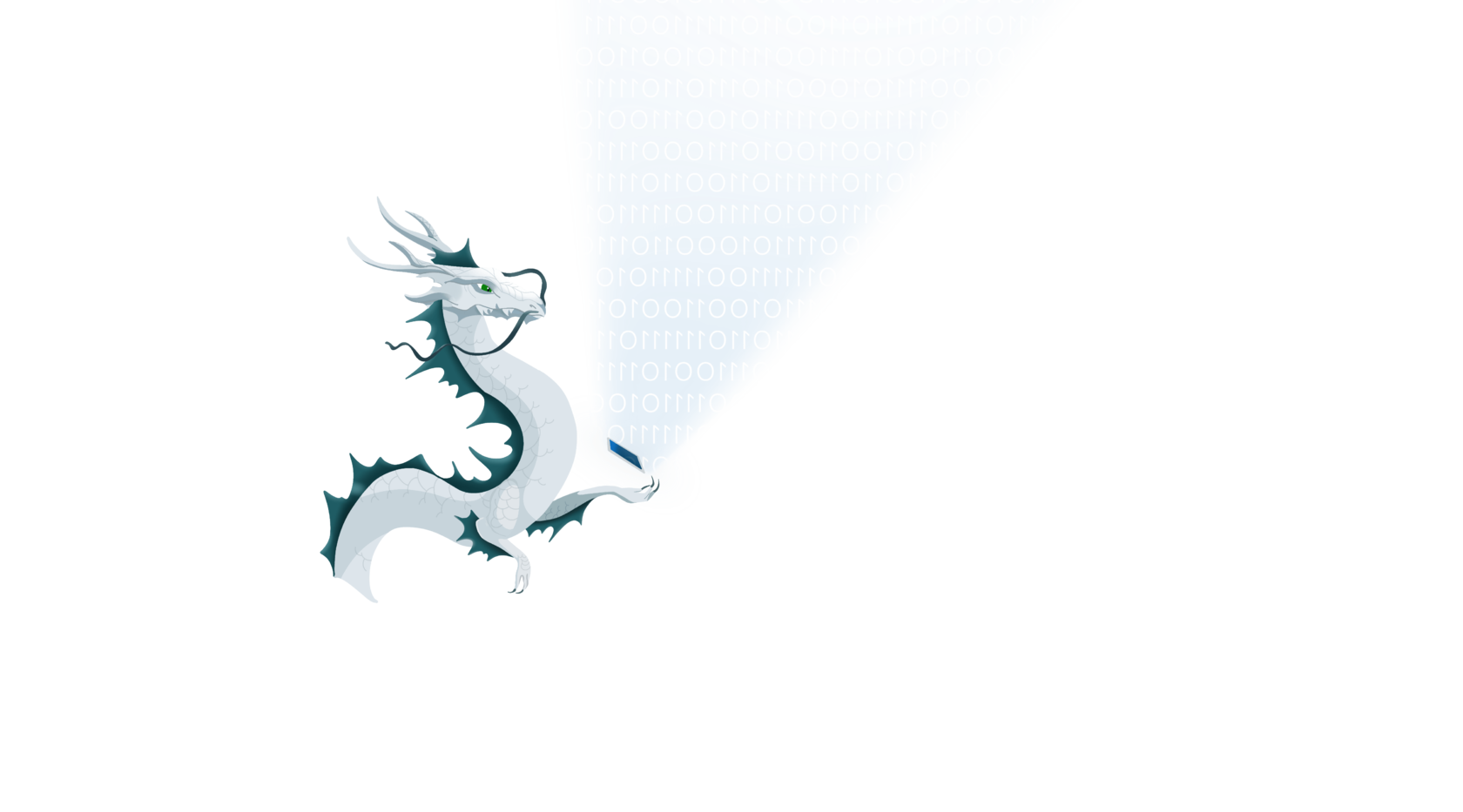




Scroll down









Learning from Nature to Bring Sustainability to Digital Ecosystems
ECOANTITRUST
J. R. R. Tolkien, The Lord of the Rings
The world has changed.
I see it in the water.
I feel it in the Earth.
I smell it in the air.
I see it in the water.
I feel it in the Earth.
I smell it in the air.
The inaugural research project of the BRICS Competition Law and Policy Centre and IIASA
aims at demonstrating how ecology empowers antitrust enforcement in the digital economy by helping to adapt regulation to the new environment.
Antirust must have in its toolbox the tools that are designed
to deal with the new beast, the dragon – the digital platform ecosystem, a living organism whose life, and the environment
it lives in, cannot be reduced to those of the industrial-age firm.
These new tools are to be found in ecology, which studies ecosystems.
Ecology is a wellspring of knowledge and data accumulated over the last decades. It is based on precise mathematical modelling, Bid Data analysis, predictive analytics. These data are ready to be used for regulatory purposes.
At its current stage of development, ecology offers rigorous quantitative methods to analyze the operation of ecosystems and the economic effects of regulatory action. Nature-based solutions have found applications in numerous fields.
At its current stage of development, ecology offers rigorous quantitative methods to analyze the operation of ecosystems and the economic effects of regulatory action. Nature-based solutions have found applications in numerous fields.
So why not in economics? Why not in antitrust?
At this time, there are two key points we wanted to make
First, ecosystems should be thought of in terms of cycles. As any living matter, they follow a constant cycle of evolution and transform in the process.
Second, the operation of ecosystems should be analyzed in a holistic manner. In other words, analysis of ecosystems should capture all those variables that affect the system and will be affected by a potential regulatory action.
Second, the operation of ecosystems should be analyzed in a holistic manner. In other words, analysis of ecosystems should capture all those variables that affect the system and will be affected by a potential regulatory action.
Antirust must have in its toolbox the tools that are designed
to deal with the new beast, the dragon – the digital platform ecosystem, a living organism whose life, and the environment
it lives in, cannot be reduced to those of the industrial-age firm.
The inaugural research project of the BRICS Competition Law and Policy Centre and IIASA
aims at demonstrating how ecology empowers antitrust enforcement in the digital economy by helping to adapt regulation to the new environment.
Antirust must have in its toolbox the tools that are designed
to deal with the new beast, the dragon – the digital platform ecosystem, a living organism whose life, and the environment
it lives in, cannot be reduced to those of the industrial-age firm.
These new tools are to be found in ecology, which studies ecosystems.
Ecology is a wellspring of knowledge and data accumulated over the last decades. It is based on precise mathematical modelling, Bid Data analysis, predictive analytics. These data are ready to be used for regulatory purposes.
At its current stage of development, ecology offers rigorous quantitative methods to analyze the operation of ecosystems and the economic effects of regulatory action. Nature-based solutions have found applications in numerous fields.
At its current stage of development, ecology offers rigorous quantitative methods to analyze the operation of ecosystems and the economic effects of regulatory action. Nature-based solutions have found applications in numerous fields.
So why not in economics? Why not in antitrust?
At this time, there are two key points we wanted to make
First, ecosystems should be thought of in terms of cycles. As any living matter, they follow a constant cycle of evolution and transform in the process.
Second, the operation of ecosystems should be analyzed in a holistic manner. In other words, analysis of ecosystems should capture all those variables that affect the system and will be affected by a potential regulatory action.
Second, the operation of ecosystems should be analyzed in a holistic manner. In other words, analysis of ecosystems should capture all those variables that affect the system and will be affected by a potential regulatory action.
Antirust must have in its toolbox the tools that are designed
to deal with the new beast, the dragon – the digital platform ecosystem, a living organism whose life, and the environment
it lives in, cannot be reduced to those of the industrial-age firm.
J. R. R. Tolkien, The Lord of the Rings
The world has changed.
I see it in the water.
I feel it in the Earth.
I smell it in the air.
I see it in the water.
I feel it in the Earth.
I smell it in the air.
Project presentation delivered
Alexey Ivanov
Director of the BRICS Competition Law and Policy Centre
Elena Rovenskaya
Director at the IIASA Advancing Systems Analysis (ASA)

Project presentation delivered
Alexey Ivanov
Director of the BRICS Competition Law and Policy Centre
Elena Rovenskaya
Director at the IIASA Advancing Systems Analysis (ASA)

Check out the models we have developed to illustrate the analysis of ecosystems
Models

View models
Stay tuned for more to come!
Subscribe
to our news and we will inform you when the report is out!
Check out the models we have developed to illustrate the analysis of ecosystems
Models

View models
Stay tuned for more to come!
Subscribe
to our news and we will inform you when the report is out!
Contacts
+7 (495) 772 9590
(ext. 27870 or 27875)
Higher School of Economics, National Research University
11, Pokrovsky blvd., Moscow,
109028, Russia
E-MAIL
FOR MEDIA REQUESTS
© BRICS Competition Law and Policy Centre
Design by
SITE

The inaugural research project of the BRICS Competition Law and Policy Centre and the International Institute for Applied Systems Analysis (IIASA)
bricscompetition.org
info@bricscompetition.org
pr@bricscompetition.org
Contacts
+7 (495) 772 9590
(ext. 27870 or 27875)
Higher School of Economics,
National Research University
11, Pokrovsky blvd., Moscow,
109028, Russia
E-MAIL
FOR MEDIA REQUESTS
© BRICS Competition Law and Policy Centre
Design by
SITE

The inaugural research project of the BRICS Competition Law and Policy Centre and the International Institute for Applied Systems Analysis (IIASA)
bricscompetition.org
info@bricscompetition.org
pr@bricscompetition.org



